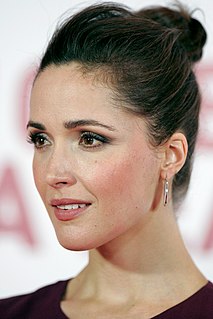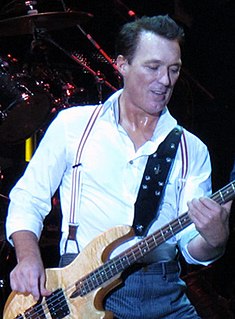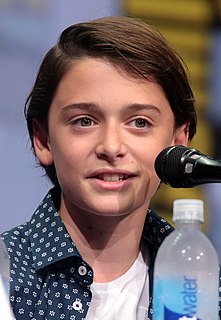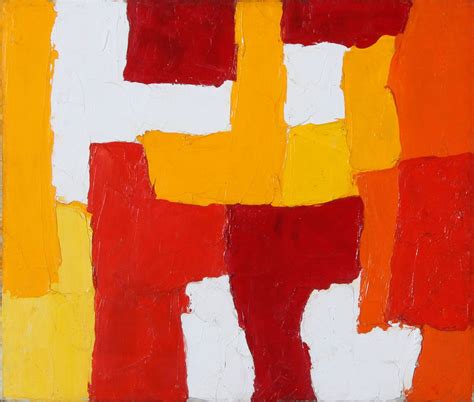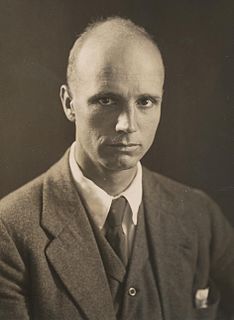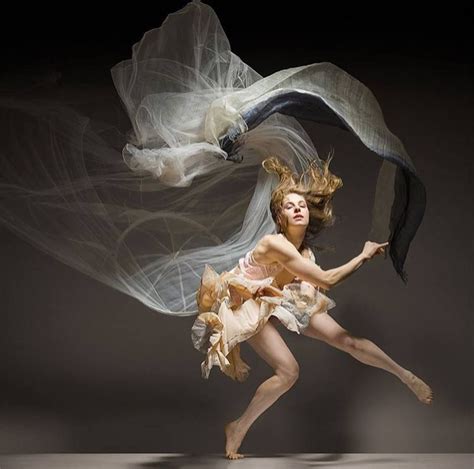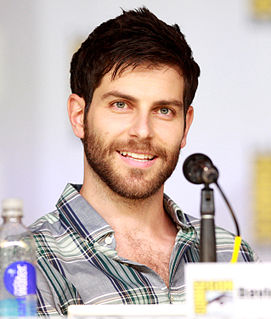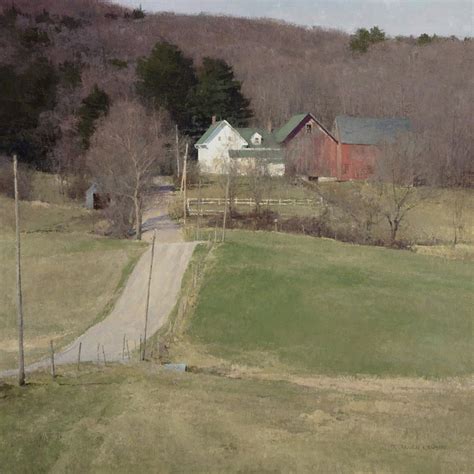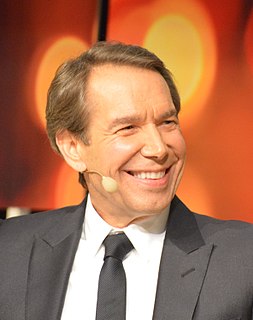A Quote by Rose Byrne
Related Quotes
TV acting is so extremely intimate, because of the peculiar involvement of the viewer with the completion or "closing" of the TV image, that the actor must achieve a great degree of spontaneous casualness that would be irrelevant in movie and lost on the stage. For the audience participates in the inner life of the TV actor as fully as in the outer life of the movie star. Technically, TV tends to be a close-up medium. The close-up that in the movie is used for shock is, on TV, a quite casual thing.
In the voyeurism of Reality TV, the viewer's passivity is kept intact, pampered and massaged and force-fed Chicken McNuggets of carefully edited snippets that permit him or her to sit in easy judgment and feel superior at watching familiar strangers make fools of themselves. Reality TV looks in only one direction: down.
A lot of the pieces I've done over the years have involved alterations of scale and the idea of the viewer's relationship to the object and how we see things by either enlarging or reducing objects, it causes the viewer to look at them again. It's hard to do because our culture is so bombarded by images and media. How do you make something fresh for a viewer? That's a real challenge.
The functional freedom that anybody can buy a gun and go out and murder a lot of people at a McDonald's is prevalent, yes. But through the effects of TV and interactive video systems and so forth, we'll also have the freedom to pretend to be a mass murderer for the evening. I've seen descriptions of advanced TV systems in which a simulation of reality is computer controlledthe TV viewer of the future will wear a special helmet. You'll no longer be an external spectator to ?ction created by others, but an active participant in your own fantasies/dramas.
